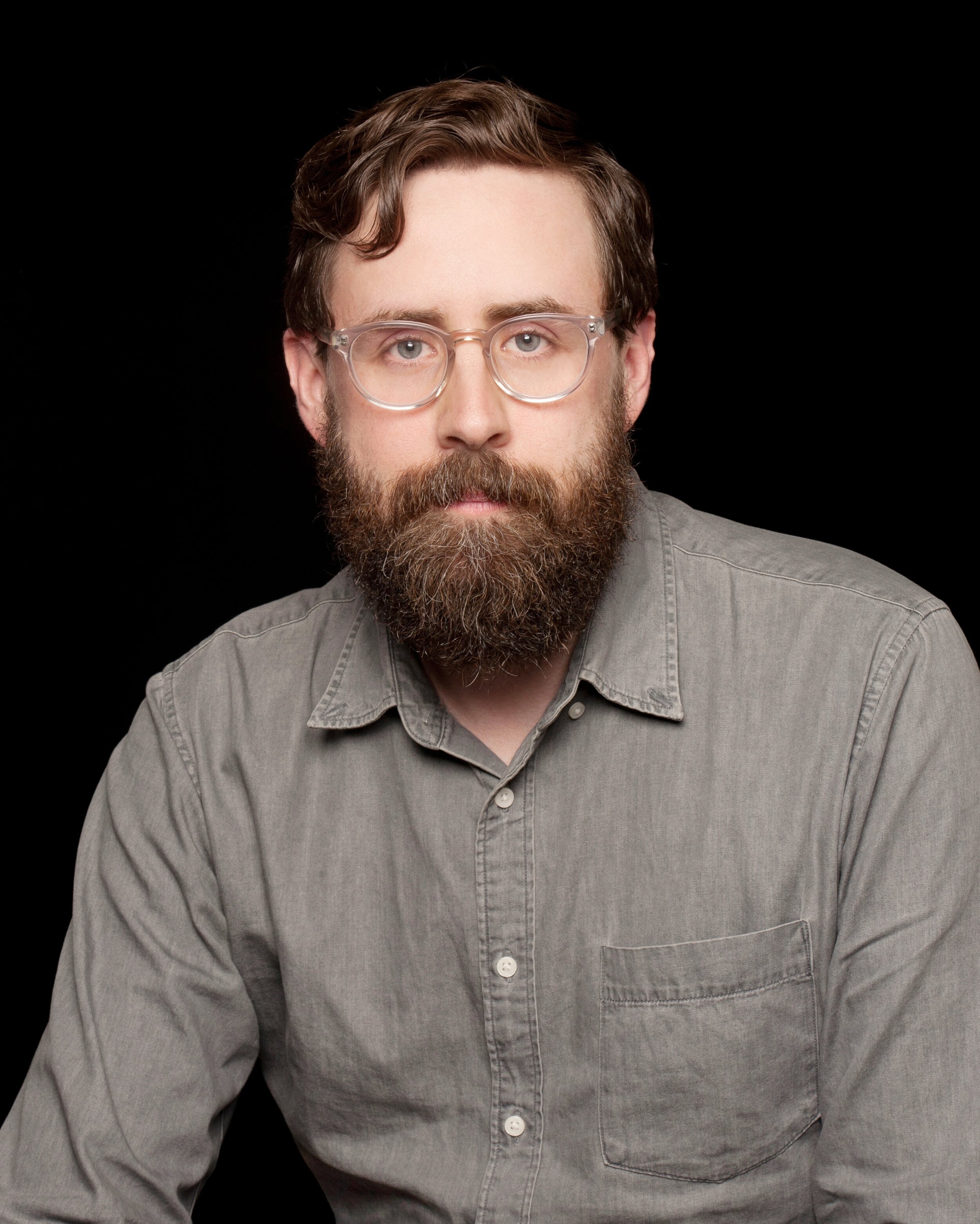ISBN 9781733408226
Lawrence Giffin's Untitled, 2004 is anchored in encounters with the works of the late artist, Agnes Martin. Meditations on her final painting provide the occasion for a poem—about death and birth, history and chance, love and exploitation—addressed to Giffin’s newborn daughter, Agnes.
The poem meanders through the artist’s retrospective at the Guggenheim; to a lone work in a North Carolina museum; along a road trip to find her hand-built adobe houses in New Mexico and to visit Pueblo ruins; to a gallery in Santa Fe to see Apache woven bowls; and to Walter de Maria’s work of earth art, The Lightning Field. Each aesthetic experience is rendered with intimacy and immediacy.
Wherever Giffin's eye dilates, we are offered a window into how certain ways of looking at art can provide a counterweight to a culture that offers up "an endless series / of possessions as panaceas / to the disease of simply not possessing them." Brilliantly associative, Untitled, 2004 delineates a gorgeous aperture.
© Michael Ian
Lawrence Giffin is the author of two books of poetry, Plato’s Closet (Roof Books, 2016) and Christian Name (Ugly Duckling Presse, 2012). He is a co-editor at Golias Books.
You were
at home with your mom,
probably being your usual
living bulwark against fear and cynicism,
but I couldn’t
help feeling, strolling
among the big, stupid art,
that all your potential would be
clipped by this broken culture,
by its all-consuming wish
not to know anything about anything.
“I turned the pages of Lawrence Giffin’s magnificent long poem with a sense of increasing wonder—delight that such a book could exist, an epic meditation that is also an epistolary ode, a work of art criticism, and an autobiography. Giffin’s poetic voice is measured—rhythmic yet also loosened, comfortable, unassuming in its ‘casual Friday’ monumentality, as if to assert that the sublimity that the poem describes and enacts were a workaday fact. This book, with its echoes of late masters, is itself an essay on what a long poem can be, and how a long poem can function in our twilight era—whether as warning, as souvenir, as bequest, or as rune. Agnes Martin is here in this rumination, but she is not the only star. She is accompanied by all that a grid can contain—exaltation, severity, birth, death . . . Giffin’s generous, quixotic poem opens its rafters to aethereal rumors from everywhere.”
—Wayne Koestenbaum, author of Figure It Out
“Lawrence Giffin’s learned and by turns transcendent long poem to his daughter Agnes looks toward the world she will inherit, asking how she will come to make her way in it and find forms of acceptance and understanding that will permit her to live. Traveling among such multifarious topics as the paintings of Agnes Martin, tourism in early industrial Europe, and the architecture of the Puebloans, Untitled, 2004 calls our attention to the urgent need to reformat (our own all too reasonable) negativity to create positive, protective, and generative styles of negation, much like Martin’s own embrace of ‘a world . . . without interruption’ in her art.”
—Lucy Ives, author of Loudermilk: Or, The Real Poet; Or, The Origin of the World
“Lawrence Giffin’s Untitled, 2004 reminds me that I am never too old to learn a new mode of attention. This is a poem that will teach you how to join its subtle formal ingenuity (the horizontal) as it restlessly plummets us into quandary (the vertical). It's a letter to his young daughter, an essay in verse on the painter Agnes Martin with boisterous appearances from other artists and thinkers, philosophical tract, Southwest travel journal, and a record of aesthetic experience. The experience of reading this book-length poem realigned me with/in negative capability, where the most sensical thing is to be a thinking person who gives herself over to ignorance. If ‘art is just a pretense for a conversation I'd like to have,’ these are the kinds of conversations I want to be having with my friends and colleagues.”
—Stacy Szymaszek, author of A Year From Today



